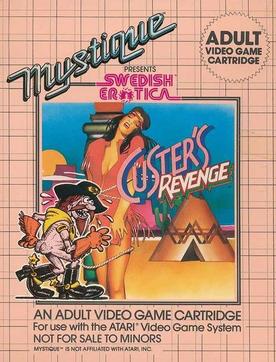
Two quick bits of news on Red Dead Redemption:
In a BBC interview, a Rockstar Games writer and voice actor named Lazlow Jones was asked this question:
Question: How do you feel about accusations that games such as yours are responsible for more violence among young people?
His answer: Our games are not designed for young people. If you're a parent and buy one of our games for your child you're a terrible parent. We design games for adults because we're adults. There's a lot of kids games out there that we're not interested in playing. Just like you enjoy watching movies and TV shows with adult themes and language and violence that's the kind of thing we seek to produce.
It's a pretty reasonable answer, but most gamers would have a little bit of trouble with how strongly he put it, especially the "terrible parent" line. A commenter on a Kotaku post about the story said exactly my first thought: "There goes some kid's dream of getting Rockstar Table Tennis."
A few days earlier, Red Dead Redemption was also accused of some rather old-fashioned prejudice for including the character pictured above, a town drunk named "Irish." An Irish Herald article on Red Dead pointed the stereotype out.
The article has several funny moments: The headline is "Irish 'drunk' sours launch of hit game," yet the article has all of three sentences on the actual character. Clearly, there's not a lot to talk about actually on-topic. The rest of the article breathlessly gives us details of how awesome and popular the game is, and why we should all go buy it right now. The game is "groundbreaking," "expected to sell four million copies this summer," "retail[ing] from €49.99 with enthusiastic gamers pre-booking their copies weeks ahead of the Irish launch tomorrow," with the "appeal [lying] in the huge detail." Very excitable for a news article on a controversy surrounding the game.







